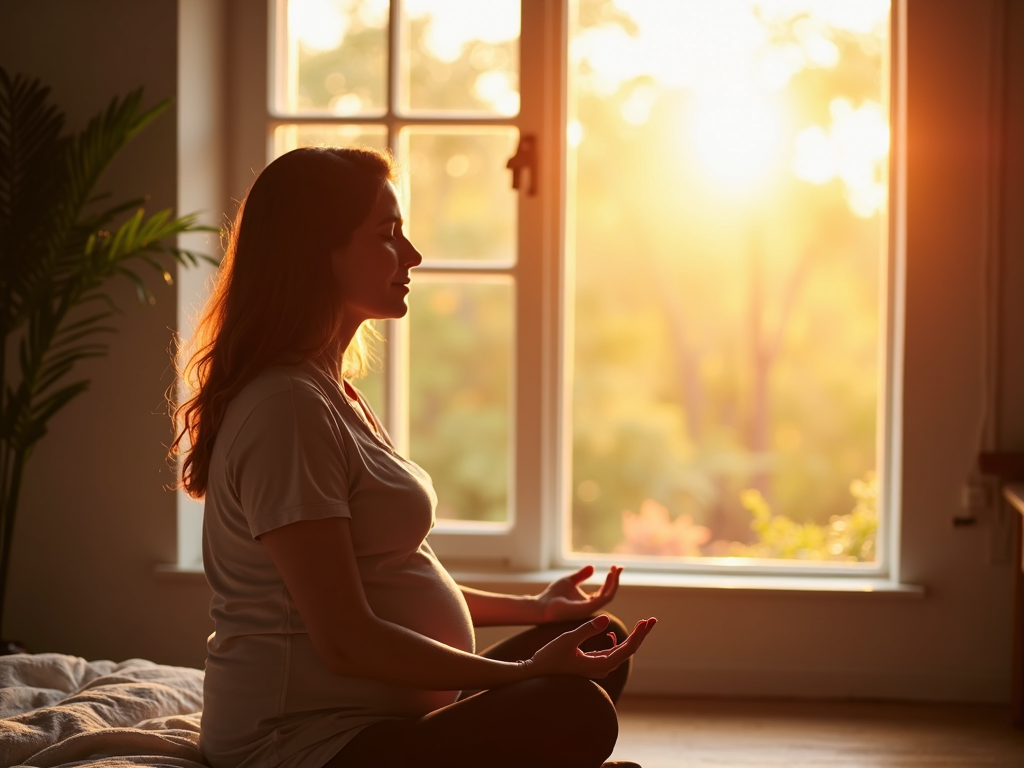Embryo Transfer in Older Women: A Comprehensive Guide
June 28, 2025, 5:23 p.m.
Embryo transfer is a key part of the IVF process, offering hope to many women dreaming of motherhood. For older women, this step can feel like a mix of excitement and uncertainty. This article dives into what embryo transfer in older women involves, the hurdles they might face, and tips to boost their chances, all while sharing real stories and insights.

What Is Embryo Transfer?
Embryo transfer is the last step in in vitro fertilization (IVF). After eggs are collected and fertilized in a lab, the embryos are placed into the uterus with a thin tube called a catheter. It’s a quick process—usually taking just a few minutes—and most women say it doesn’t hurt. For older women, this moment is a big one, filled with hope after a long journey.
The goal is simple: help the embryo implant in the uterus and grow into a healthy pregnancy. But age can make this trickier. As women get older, their bodies change, and so do their chances of success with IVF. Let’s look at why that happens and what can be done.
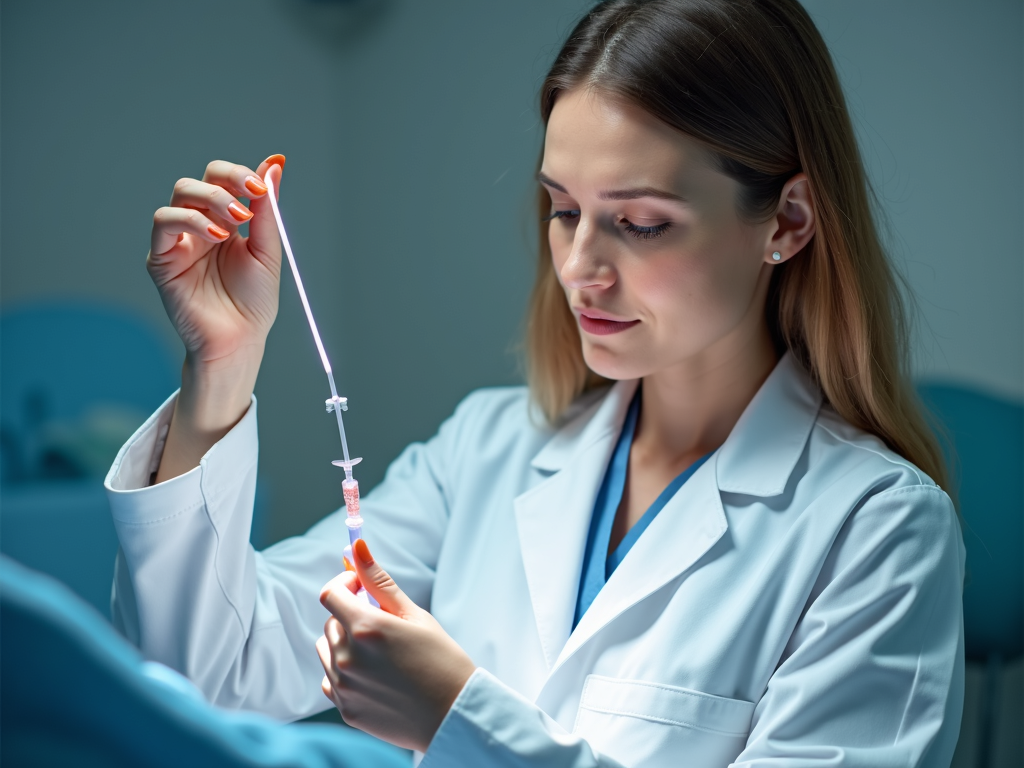
Challenges of Embryo Transfer in Older Women
Older women face some real challenges with embryo transfer. Here’s what often comes up:
- Fewer and Weaker Eggs: After 35, a woman’s egg supply drops, and the eggs she has may not be as strong.
- Chromosome Issues: Older eggs are more likely to have problems that can stop a pregnancy from happening or lead to miscarriage.
- Lower Success Rates: Studies show IVF works less often for women over 40 compared to younger women.
- Emotional Rollercoaster: The ups and downs of infertility can hit hard, especially after years of trying.
Take Sarah, a 43-year-old teacher I spoke with. She tried IVF three times before getting pregnant. Each failed attempt left her feeling defeated, but she kept going. Her story shows how tough this can be—and how determination can pay off.
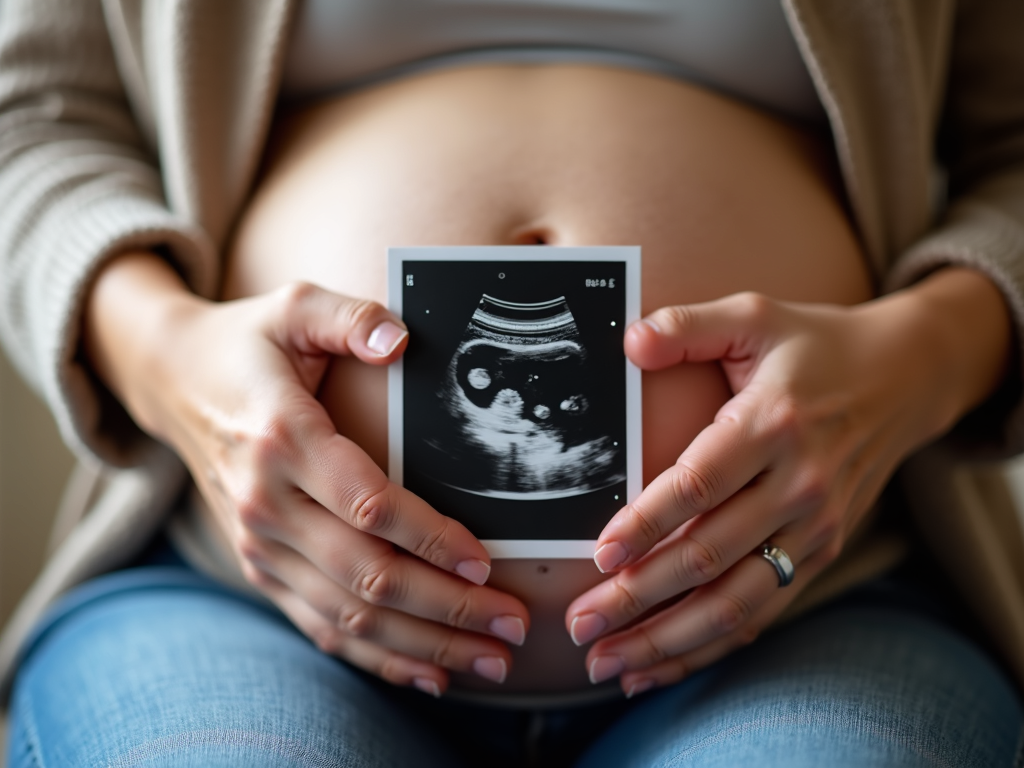
What Affects Success?
Success with embryo transfer in older women depends on a few key things. Here’s a breakdown:
| Factor | How It Impacts Success |
|---|---|
| Embryo Quality | Better embryos are more likely to implant. |
| Age | Chances drop as you get older, especially past 40. |
| Number of Embryos | More embryos can help, but it risks twins or more. |
| Donor Eggs | Using younger eggs can boost success big time. |
| Lifestyle | Eating well and staying active can make a difference. |
Understanding these can help you and your doctor make smart choices.
For example, women who use donor eggs often see higher success rates. A study from the CDC found that women over 40 using donor eggs had a 50%+ chance of pregnancy per cycle, compared to under 20% with their own eggs. Numbers like these can guide tough decisions.
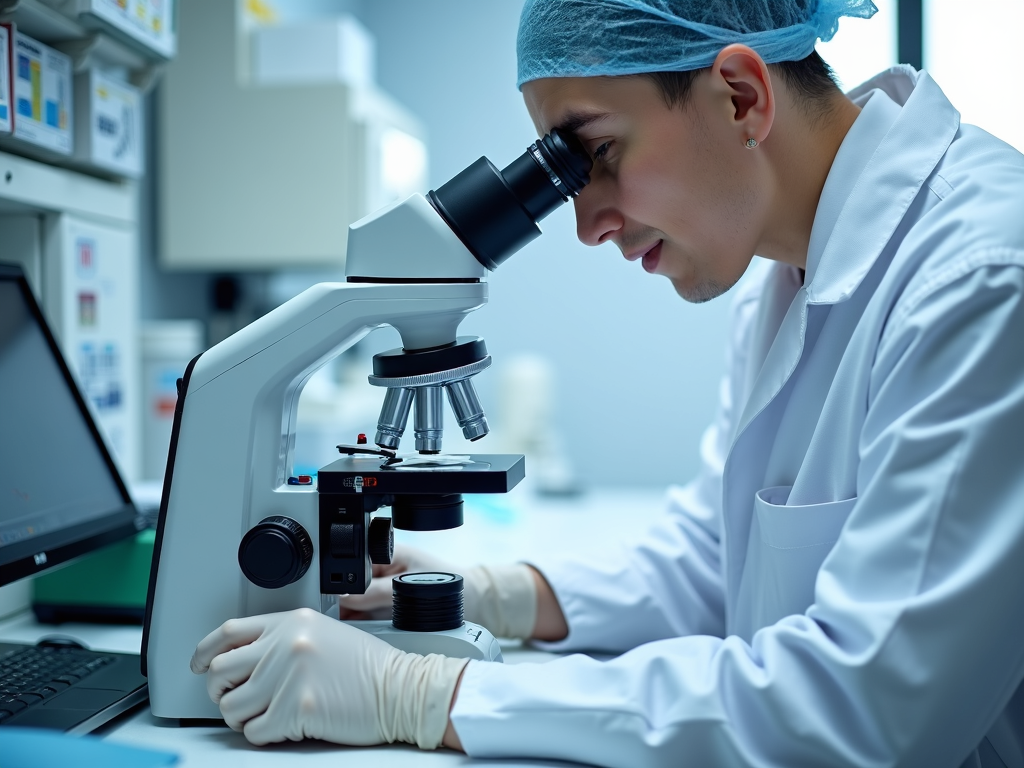
Real Stories That Inspire
Meet Lisa, a 46-year-old who turned to donor eggs after years of struggling with infertility. She told me, 'It wasn’t easy to let go of using my own eggs, but seeing my daughter’s face made every step worth it.' Her journey shows how embryo transfer can work even later in life with the right plan.
Then there’s Maria, 41, who got lucky on her second IVF try with her own eggs. She credits her success to cutting stress and eating healthier. These stories remind us that every path is different, and hope isn’t out of reach.
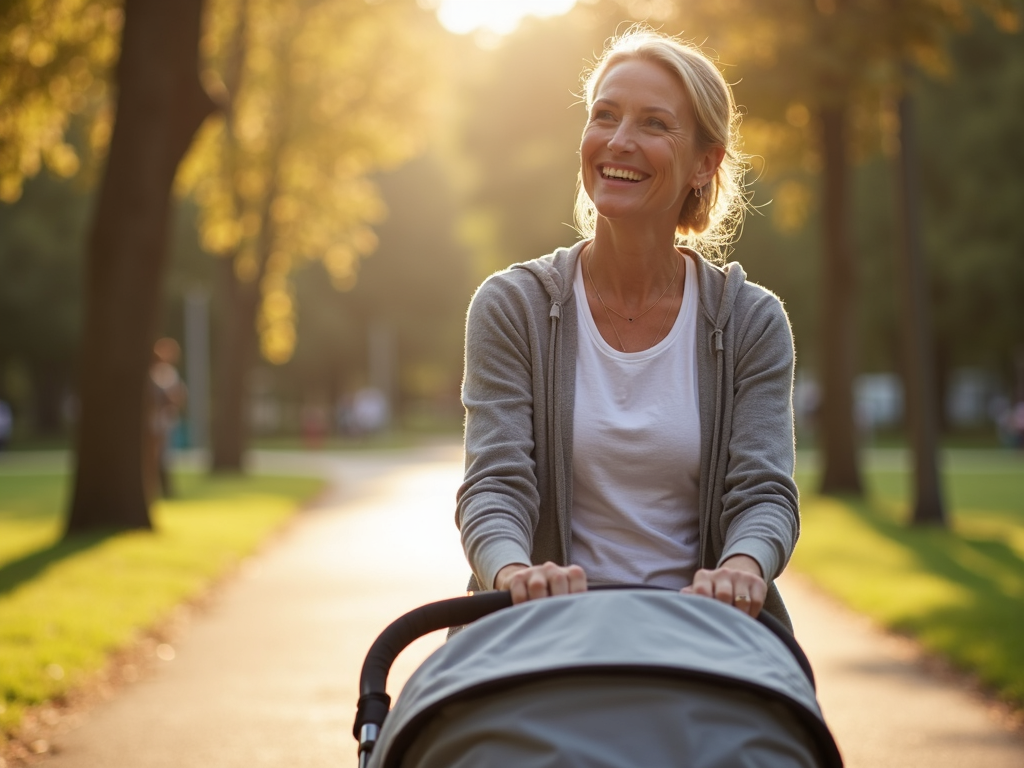
Tips to Boost Your Chances
If you’re an older woman thinking about embryo transfer, here’s what you can do:
- Talk to a Specialist: Find a doctor who knows infertility inside out. They’ll map out what’s possible for you.
- Think About Donor Eggs: If your eggs aren’t cutting it, younger eggs might be the answer.
- Live Healthy: Eat plenty of fruits and veggies, move your body, and keep stress low.
- Build a Support Team: Friends, family, or a support group can lift you up when things get heavy.
Sarah, from earlier, swears by her weekly yoga class. 'It kept me sane,' she said. Small changes like that can add up, giving your body and mind a better shot at success.
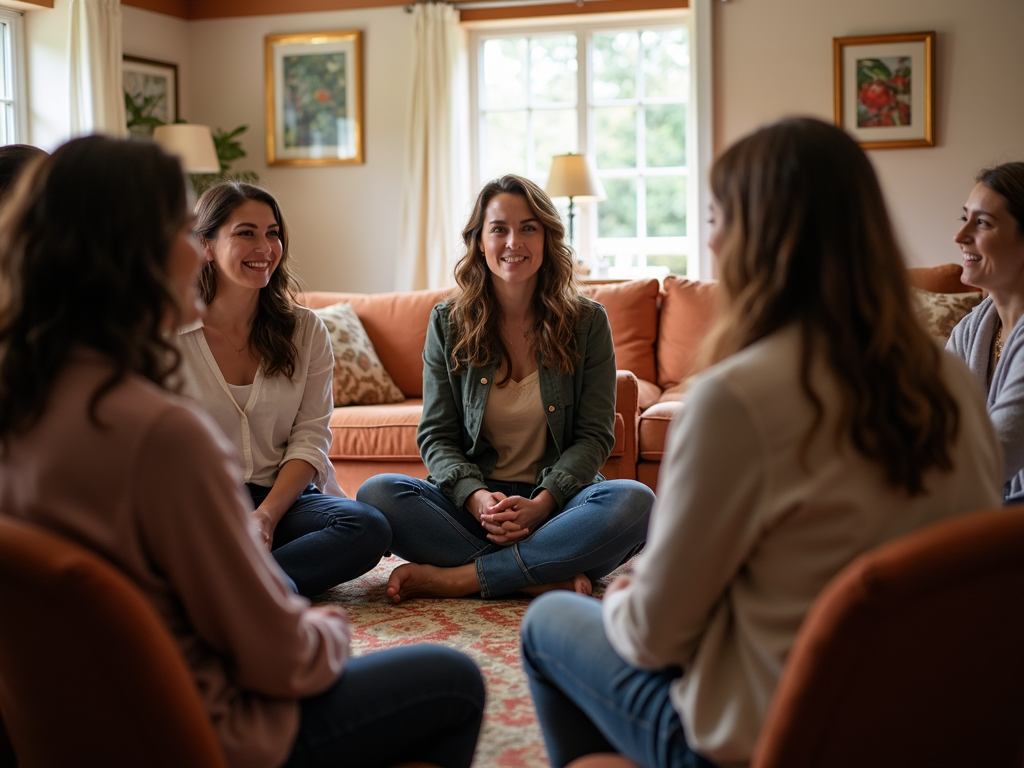
Looking Ahead
Embryo transfer in older women isn’t a straight path, but it’s one worth exploring. Age brings challenges like weaker eggs and lower odds, but factors like embryo quality and lifestyle can tip the scales. With the right support and choices, many women find their way to motherhood.
This journey mixes science, emotion, and grit. Whether it’s your first try or the fifth, staying informed and supported is key.
Every story—Sarah’s persistence, Lisa’s donor egg success, Maria’s lifestyle tweaks—shows there’s no one-size-fits-all answer. If you’re facing this, know you’re not alone. Keep learning, stay strong, and take it one step at a time.
